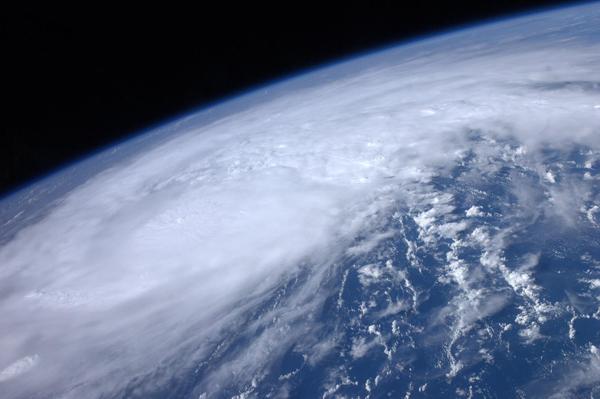Survival Tips for After a Hurricane Strikes

The U.S. Consumer Product Safety Commission (CPSC) and U.S. Fire Administration (USFA) are warning residents in hurricane-impacted areas about the deadly dangers that can remain even after Hurricane Irene strikes.
Consumers need to be especially careful during a loss of electrical power, as the risk of carbon monoxide poisoning and fire increases at that time.
In order to power lights, to keep food cold or to cook, consumers often use gas-powered generators. CPSC and USFA warn consumers to never use portable generators indoors or in garages, basements or sheds. The exhaust from generators contains high levels of carbon monoxide (CO) that can quickly incapacitate and kill.
"Don't create your own disaster in the aftermath of a storm," said CPSC chairman Inez Tenenbaum. "Never run a generator in or right next to a home. Carbon monoxide (CO) is an invisible killer. Carbon monoxide is odorless and colorless and it can kill you and your family in minutes."
From 1999-2010, nearly 600 generator-related carbon monoxide deaths have been reported to CPSC. The agency said there have been 81 deaths, on average, due to carbon monoxide poisoning from generators in recent years. The majority of the deaths occurred as a result of using a generator inside a home's living space, in the basement or in the garage.
"We know from experience as victims try to recover from disasters, they will take unnecessary risks with candles, cooking and generators. These risks often result in additional and tragic life safety consequences," said Deputy U.S. Fire Administrator Glenn A. Gaines. "When you consider the challenges faced by firefighters and their departments to also recover from the same disasters, it is important that all of us remember even the simplest of fire safety behaviors following disasters of any type."
Here are important safety tips from CPSC and USFA in the aftermath of a storm:
Sign up for the Live Science daily newsletter now
Get the world’s most fascinating discoveries delivered straight to your inbox.
Portable Generators
Never use a generator inside a home, basement, shed or garage even if doors and windows are open. Keep generators outside and far away from windows, doors and vents. Read both the label on your generator and the owner's manual and follow the instructions. Any electrical cables you use with the generator should be free of damage and suitable for outdoor use.
Charcoal Grills and Camp Stoves
Never use charcoal grills or camp stoves indoors. Burning charcoal or a camp stove in an enclosed space can produce lethal levels of carbon monoxide. There were at least seven carbon monoxide-related deaths from charcoal or charcoal grills in 2007.
CO Alarms
Install carbon monoxide alarms immediately outside each sleeping area and on every level of the home to protect against CO poisoning. Change the alarms' batteries every year.
Electrical and Gas Safety
Stay away from any downed wires, including cable TV feeds. They may be live with deadly voltage. If you are standing in water, do not handle or operate electrical appliances. Electrical components, including circuit breakers, wiring in the walls and outlets that have been under water should not be turned on. They should be replaced unless properly inspected and tested by a qualified electrician.
Natural gas or propane valves that have been under water should be replaced. Smell and listen for leaky gas connections. If you believe there is a gas leak, immediately leave the house and leave the door(s) open. Never strike a match. Any size flame can spark an explosion. Before turning the gas back on, have the gas system checked by a professional.
Candles
Use caution with candles. If possible, use flashlights instead. If you must use candles, do not burn them on or near anything that can catch fire. Never leave burning candles unattended. Extinguish candles when you leave the room.
Consumers, fire departments and state and local health and safety agencies can download CPSC's generator safety posters, door hangers and CO safety publications at CPSC's CO Information Center or order free copies by contacting CPSC's Hotline at (800) 638-2772.
Download USFA's publications on disasters and fire safety and other safety issues at www.usfa.dhs.gov.










